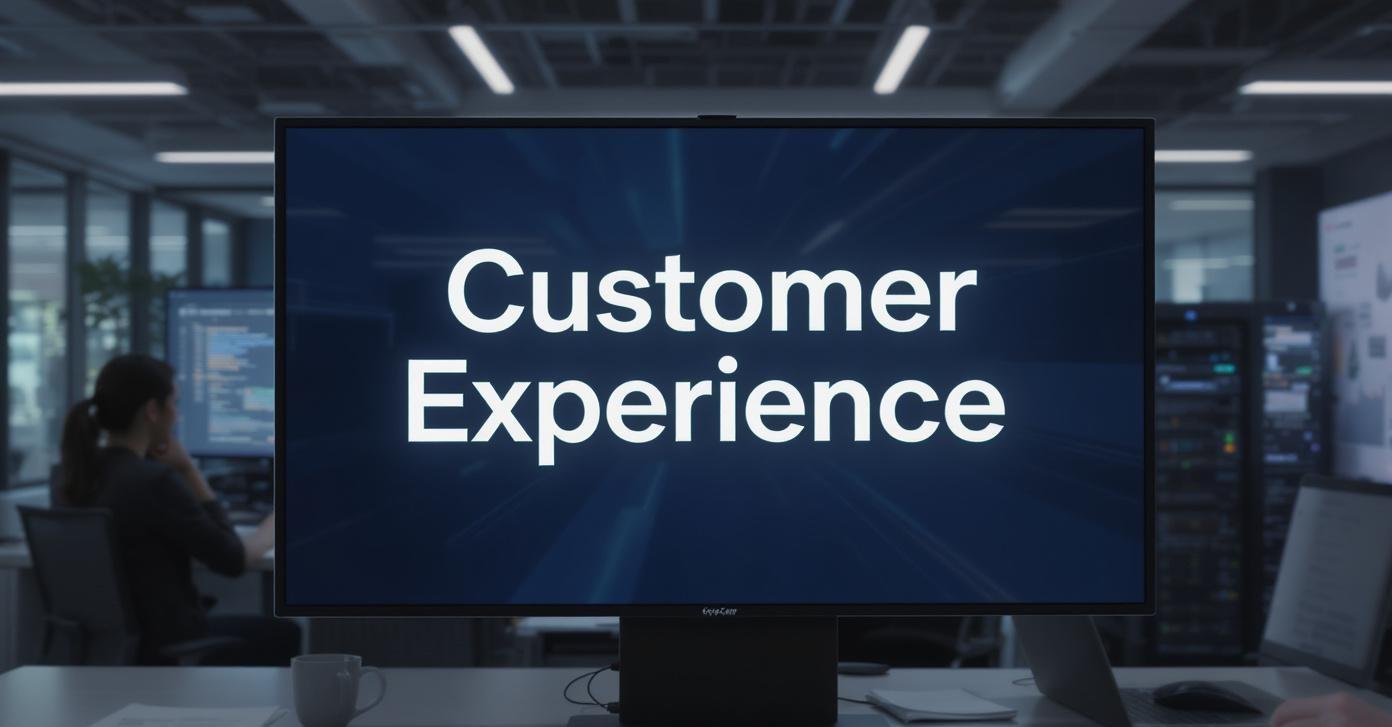Customer Experience Excellence for B2B Growth

Customer Experience in B2B Marketing is now recognized as a pivotal factor in achieving business success. Modern B2B buyers evaluate organizations not only by their products or pricing but by how they are engaged, supported, and valued throughout the customer journey. Companies that prioritize CX build stronger relationships, foster client loyalty, and increase advocacy. Delivering consistent, personalized, and seamless experiences differentiates businesses in competitive markets and establishes them as trusted partners.
Understanding the B2B Customer Journey
The B2B buying process is often complex, involving multiple stakeholders, extended evaluation periods, and numerous interactions. Buyers conduct research, consult internal teams, and evaluate different solutions before making decisions. Mapping this journey is essential for delivering exceptional CX. Identifying critical touchpoints allows businesses to anticipate client needs, provide timely guidance, and create meaningful interactions. Understanding the journey ensures that every touchpoint contributes to trust-building, client satisfaction, and long-term relationships.
Personalization: Elevating Engagement and Loyalty
Personalization is key to effective CX in B2B marketing. Each client has unique objectives, preferences, and challenges, making generic approaches ineffective. Using data analytics and customer insights enables organizations to deliver tailored communications, content, and services. Customized emails, account-specific strategies, and industry-focused resources demonstrate attentiveness and understanding. Clients who feel recognized and valued are more likely to remain loyal, engage meaningfully, and advocate for the brand, driving higher retention and business growth.
Collaboration Across Departments for Seamless CX
Delivering superior CX requires alignment across departments. Marketing, sales, customer support, and product teams must collaborate to ensure a consistent and unified experience at all touchpoints. Misaligned processes or messaging can frustrate clients and reduce trust. Organizations that emphasize cross-functional collaboration create a cohesive journey where marketing awareness, sales engagement, and support services complement each other. This approach strengthens relationships, reinforces brand reliability, and encourages long-term client loyalty.
Technology as a Catalyst for Enhanced CX
Technology plays a critical role in optimizing Customer Experience in B2B Marketing. CRM systems, marketing automation, and analytics platforms provide insights into client behavior and preferences. AI-driven analytics predict client needs, while automated workflows ensure timely and personalized engagement. Digital chat support and self-service portals allow quick access to information, improving satisfaction. By leveraging technology, businesses can deliver consistent, relevant, and proactive interactions that enhance the overall customer experience.
Using Feedback to Improve CX
Gathering client feedback is essential for continuous improvement. Surveys, interviews, and Net Promoter Scores provide insights into client satisfaction and areas for enhancement. Acting on feedback demonstrates commitment to client success, fostering trust and loyalty. Feedback-driven strategies help businesses refine marketing initiatives, address client challenges promptly, and implement solutions that strengthen relationships. Continuous improvement ensures that CX remains a competitive differentiator and supports sustainable growth.
Content Strategy as a CX Tool
Content is a powerful tool for improving CX. Providing high-quality resources such as case studies, whitepapers, videos, and industry reports educates clients, addresses pain points, and supports decision-making. Customizing content for specific client segments enhances engagement and demonstrates a deep understanding of their needs. Aligning content with the buyer journey ensures that clients receive information that is timely, relevant, and valuable. Content-driven CX strategies build trust, strengthen relationships, and position the company as a trusted advisor.
Optimizing Digital Experiences
The digital experience is a critical aspect of modern B2B CX. Buyers increasingly rely on online resources before engaging with a brand. Websites should be intuitive, mobile-friendly, and provide easy access to relevant information. Email campaigns, social media communications, and digital platforms must be timely, personalized, and relevant. A seamless digital experience enhances client satisfaction, builds confidence, and improves overall brand perception. Companies that invest in digital usability create more efficient and rewarding client journeys.
Human Interaction and Relationship Management
Despite the rise of digital tools, human interaction remains vital in B2B CX. High-value contracts, complex solutions, and long-term engagements require personal contact with account managers, technical experts, and sales representatives. Teams trained to provide proactive, knowledgeable, and empathetic support strengthen trust and satisfaction. Employees who embrace CX principles serve as brand ambassadors, delivering experiences that reinforce loyalty and client engagement. Human interaction complements digital tools, providing a well-rounded experience that balances efficiency with personal attention.
Measuring and Optimizing CX
Measuring the impact of CX initiatives is critical for ensuring business success. Metrics such as retention rates, customer lifetime value, referral rates, and engagement levels provide insights into the effectiveness of strategies. Monitoring these indicators allows organizations to optimize processes, allocate resources efficiently, and make informed decisions. Linking CX efforts to measurable outcomes demonstrates their strategic importance. Continuous measurement and optimization ensure that CX remains a differentiator and drives sustainable growth in competitive B2B markets.
Preparing for the Future of CX in B2B Marketing
Customer expectations continue to evolve, requiring organizations to adapt and innovate. Emerging technologies, shifting buyer behaviors, and increasing demand for personalized experiences require proactive strategies. Companies adopting AI-driven personalization, predictive analytics, immersive digital tools, and proactive client support gain a competitive advantage. Anticipating future CX trends enables businesses to retain clients, attract new prospects, and maintain a strong reputation. Proactive CX strategies position companies as leaders in delivering meaningful and impactful experiences in the B2B space.
About Us : Acceligize is a global B2B demand generation and technology marketing company helping brands connect with qualified audiences through data-driven strategies. Founded in 2016, it delivers end-to-end lead generation, content syndication, and account-based marketing solutions powered by technology, creativity, and compliance.
- Art
- Causes
- Crafts
- Dance
- Drinks
- Film
- Fitness
- Food
- Giochi
- Gardening
- Health
- Home
- Literature
- Music
- Networking
- Altre informazioni
- Party
- Religion
- Shopping
- Sports
- Theater
- Wellness




